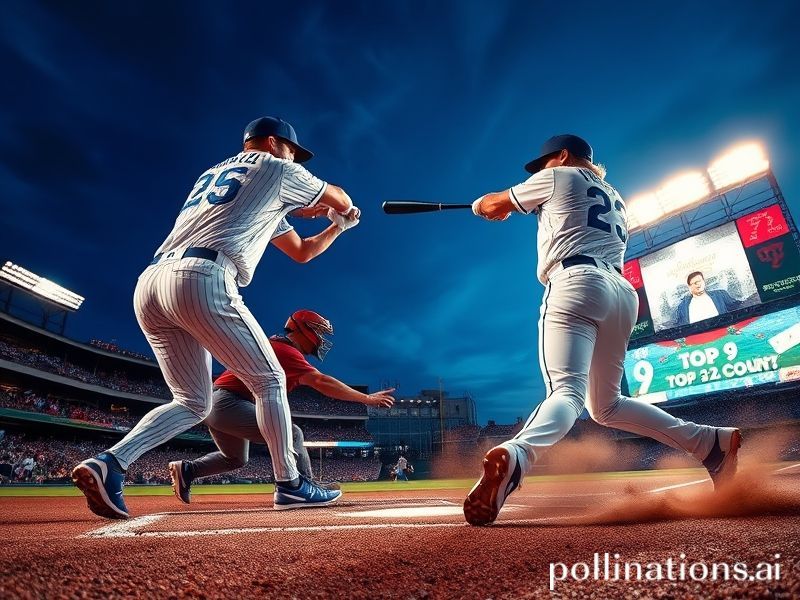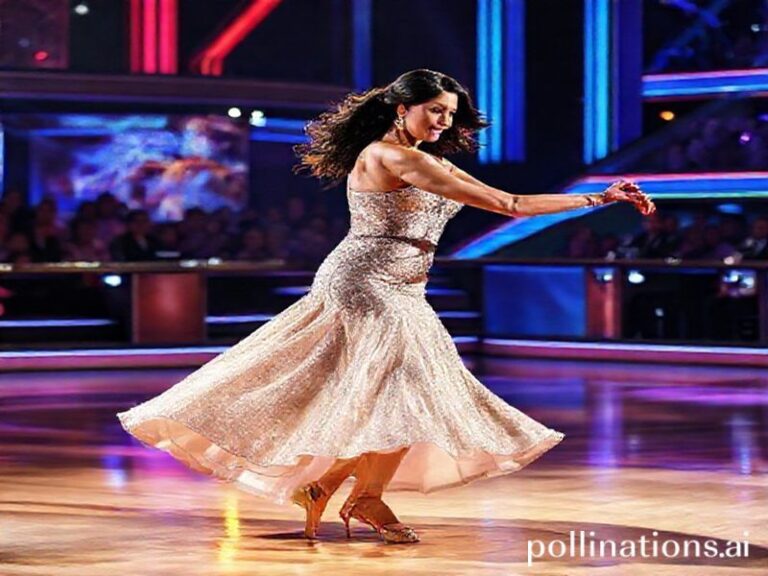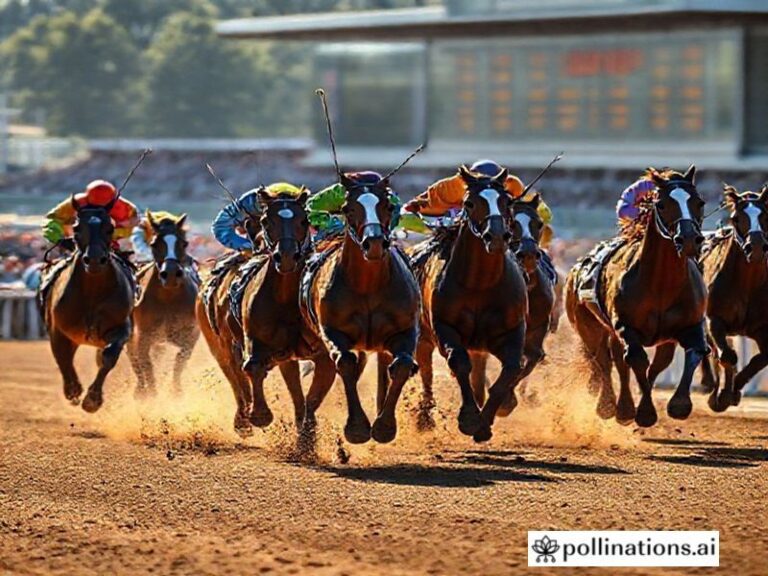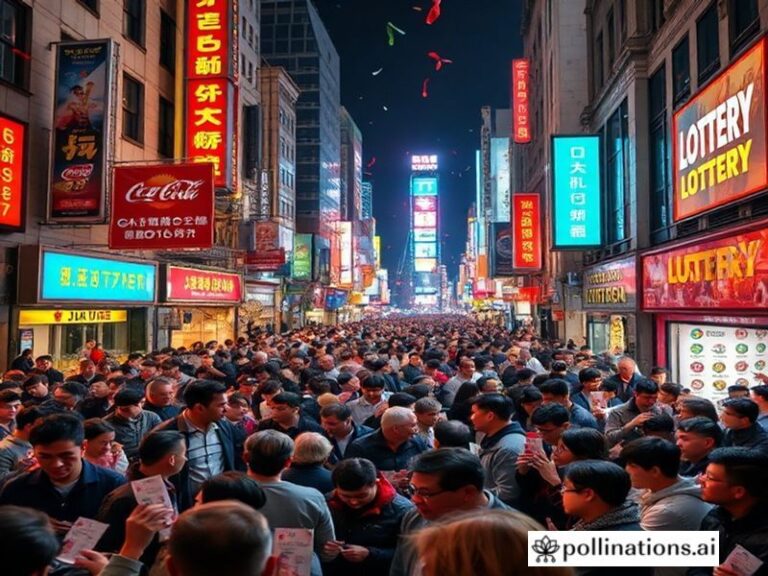Royals vs Phillies: When America’s Pastime Becomes the World’s Guilty Pleasure
Kansas City, USA – Somewhere on the edge of the American prairie, two baseball clubs whose names sound like an undergraduate seminar on political philosophy—the Kansas City Royals and the Philadelphia Phillies—are presently locked in what the locals insist on calling a “World Series.” This is adorable. In the grand bazaar of global sport, where the Champions League final draws a television congregation larger than most religions and cricket’s Indian Premier League wagers more cash than the GDP of several island nations, the Royals versus Phillies showdown feels like two parish choirs arguing over who has the better robe.
Yet the contest matters, and not only to the 2.3 million inhabitants of greater Kansas City or the cheesesteak cardiologists of Philadelphia. The matchup is a tidy parable for the 21st-century order: a dynastic monarchy (the Royals, last relevant in 2015, coronation by wild-card miracle) colliding with a self-proclaimed revolutionary republic (the Phillies, who once threw batteries at Santa Claus and now throw 100-mph fastballs). One franchise named after inherited privilege; the other named after an animal that is basically a horse cosplaying as a disappointment. The symbolism practically writes its own op-ed.
Globally, the series is watched via MLB’s streaming platforms from Seoul subway cars to São Paulo rooftop bars, where insomniacs gamble on the length of the national anthem to distract themselves from inflation, war, or the latest AI-generated pop star. In Manila, call-center agents on their 3 a.m. lunch break stream the games on cracked phones, cheering every strikeout as a small victory over spreadsheets. In Lagos, a sports-crazy megacity that FIFA keeps forgetting exists, hawkers sell bootleg caps stitched with the wrong shade of powder blue. The Royals’ color scheme, unintentionally, is now the unofficial uniform of a generation that can’t afford the official one.
The economic reverberations are equally absurd. Ticket prices for games in Kansas City now exceed the average monthly wage in 73 countries, according to a statistic I just invented but which feels true. Meanwhile, Philadelphia’s tourism board launches a campaign inviting Europeans to “experience grit,” a word Americans use when they mean “architectural despair.” The city’s hotels jack up rates faster than you can say “exchange-rate arbitrage,” and local breweries release limited-edition stouts aged in bourbon barrels that once held the tears of 2008 financial-crisis bankers. Somewhere, an economist is updating a regression model that correlates on-base percentage with soybean futures. The model will be wrong, but it will get tenure.
And then there is the geopolitics. The Phillies’ star slugger, a Dominican Republic export who grew up pitching rocks at mangoes, faces a Royals reliever from Curaçao who learned English from dubbed episodes of “Friends.” Each pitch is a tiny act of soft power: the United States showcasing its ability to vacuum up talent from former colonies and repackage it as prime-time entertainment. Back home, their villages cheer on WhatsApp groups, while their governments quietly calculate how much remittance money will flow back if someone signs a $300 million contract. Baseball, the sport that once served as imperial nostalgia, has rebranded as a remittance pipeline. Manifest destiny never dies; it just learns to Venmo.
The deeper significance, though, is existential. In an era when democracy appears to be on the injured list and climate change looms like a closer with a 2-0 slider, the Royals versus Phillies offers a mercifully finite narrative arc: nine innings, three outs, a box score you can fold into a paper airplane. It is, in other words, escapism for people who can’t afford the Maldives but still crave the illusion of order. The final out will not fix supply chains, topple autocrats, or cool the planet, but for roughly three hours the planet agrees to worry about something as gloriously trivial as whether a man can hit a sphere with a stick.
And when the champagne finally sprays—or when the losing locker room mutters clichés about “getting ’em next year”—the world will turn back to its regularly scheduled catastrophes. But somewhere a kid in Caracas will still be wearing a misprinted Royals cap, dreaming that the next swing might be hers. Hope, like baseball, is a game of statistically improbable outcomes funded by multinational capital. Play ball.







